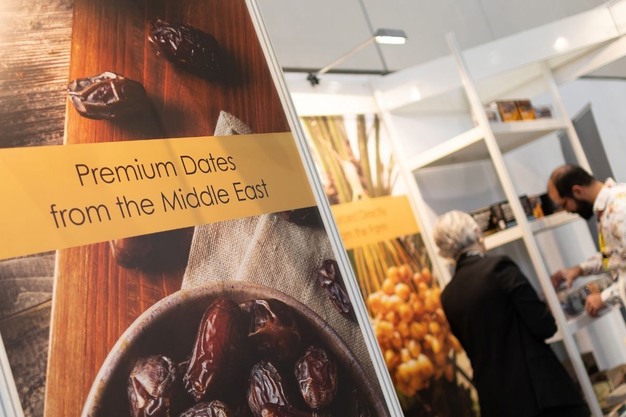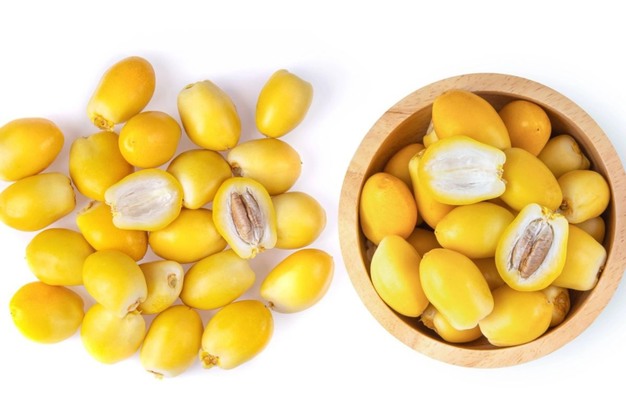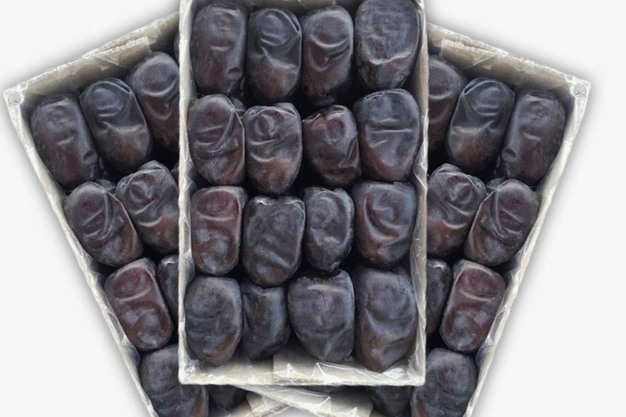Since last Friday, the situation in the Middle East has deteriorated unexpectedly and rapidly, as Israel and Iran are engaging in intense mutual strikes. As far as fresh produce is concerned, initial reports from Iran indicate minimal impact on production and exports. However, questions arise about the fate of the season for several products, such as dates, pistachios, saffron, and others, should the situation worsen.

Mohammed Alamoodi, CEO of Daktyli.PL imports dates from both Iran and Israel for the European market and is already bracing for the scenario of a shortage. The importer shares his insights on the current status and his expectations for the upcoming dates season.
In the date industry, producers in Iran and Israel are behind iconic varieties that are more or less difficult to source elsewhere, namely Mazafati and Sayer in Iran, and Barhi and Medjool in Israel. AlAmoodi reports, “We are sourcing regularly from both Iran and Israel. At the moment, we haven’t seen any direct impact, as the main date season hasn’t started yet. Our last shipments arrived before the conflict began, around March. We’re closely monitoring the situation and have been in constant contact with our suppliers to stay informed about any developments that could affect logistics or exports.”
 Barhi dates from Israel
Barhi dates from Israel
The importer adds: “At this stage, it is difficult to comment on the upcoming season. In Israel, for example, the first harvest of Barhi dates will be ready around August. In Iran, most varieties begin to be harvested in September. If the conflict intensifies and continues throughout the season, we could face significant export difficulties on both sides.”
“If the war continues, we expect to see the first signs of a shortage by August, particularly for the Barhi variety. The most serious impact will likely be felt in September and October, which correspond to the peak of the harvest and export season for all major producers. If port operations or growing areas are affected, this will significantly disrupt the supply chain,” he continues.
The importer adds that Israeli Barhi dates, which are sensitive to long transit times, are imported by air, while Iranian Mazafati dates are imported by sea, a distinction that can make a difference. He explains, “For instance, the airspace is now closed, which impacts Barhi dates more. If other episodes of air shipment shutdowns happen in August, a shortage is very likely. On the Iranian side, some shipping companies have raised concerns about security risks when importing from the region, though, for now, these are only precautionary. It’s a developing situation, and it’s hard to predict how it will unfold.”
 Mazafati dates from Iran
Mazafati dates from Iran
AlAmoodi affirms that efforts are already underway to avoid a shortage scenario: “At Daktyli.pl, we have always prioritized supply chain resilience. From the outset, we have ensured that we do not depend on a single source. We already import dates from several countries, including Jordan, Egypt, Saudi Arabia, South Africa, and others. To mitigate the risk of an Iranian shortage, we have begun discussions with Pakistani producers to replace Iranian Sayer dates with Pakistani Aseel dates, a similar variety at a comparable price. However, it will not be possible to replace Mazafati dates, which are mainly grown in Iran. With regard to Israeli dates, we are preparing to increase imports from other sources should the situation worsen. Countries such as Jordan and Egypt are key alternatives, as they grow similar varieties, particularly Medjool and Barhi, and already have a well-established export infrastructure. We are also in contact with suppliers in Saudi Arabia and South Africa, both of which produce high-quality dates and can help fill the supply gap if necessary.”
The scenario of a shortage, where the picture – let’s recall – will be clearer in August, is not the only eventuality. “We also expect prices to rise this season due to logistics factors if the situation in the Strait of Hormuz develops similarly to that in the Bab Al Mandab Strait, or if air traffic shutdowns become frequent. Logistics costs are very sensitive to the security situation, and I believe there will be cost increases,” AlAmoodi concludes.
For more information:
Mohammed Al Amoodi
Daktyli.pl
Tel: +48507665861
Email: [email protected]
www.daktyli.pl
Source: The Plantations International Agroforestry Group of Companies
